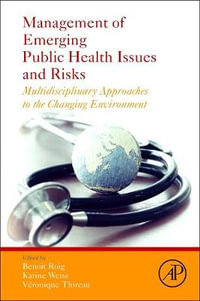'A personal, impassioned account of a crime committed against the Lebanese people'
-- Ursula Lindsey, 'New York Review of Books'
'Magical ... Lamia Ziade works as an alchemist. My Port of Beirut tells the story of the explosion as she experienced it: from afar but in the heart. She draws the faces of the victims, collects the stories, reproduces the graffiti against the corrupt leaders, and explains these destroyed buildings which to us are only buildings for us but for her are symbols, memories, her life... A book of love, mourning and anger'
-- 'Elle'
'A very moving tribute... the Franco-Lebanese illustrator and writer has been developing a very personal literary genre for several years, made up of very colourful texts and drawings, reproductions of photos taken from private archives or press articles... Here, she erects a mausoleum to the victims of the disaster, and over the pages, the simple succession of their faces and their names creates intense emotion'
-- Les Inrockuptibles
'Lamia Ziade tells here in the first person the contemporary history of her native country, its violence, the very year of her birth in 1968, which is also that of the first stone laid for the port silos, for which she has had a passion since childhood... Through this emblematic place that she makes her own, her port of Beirut, she writes a Lebanese autobiography of words and images that will speak to every reader'
-- Le Point (April 2021)
'Lamia Ziade tells not only her personal trauma but also the story of the familiar and common violence that crossed her country (and all her life since her birth in 1968) and to which the explosion of the 2,750 tons of nitrate from ammonium from hangar 12 gives an overwhelming sense of endless curse... She mixes narrative and drawings, entangling her biography in the collective destiny to honour here, first and foremost, the memory of victims she did not know.'
-- Livres Hebdo (30 March 2021)
'Brutal, touching... '
-- Politis
'To re-see the Port of Beirut explosion through the softened lens of Lamia Ziade's watercolors, paired with her personal and family memories of the port, is to re-live it with a raw tenderness that remains full of rage-struck grief'
-- M. Lynx Qualey, Founding editor, ArabLit & ArabLit Quarterly
'Haunted by the city's violent history, this polyphonic diary of the Beirut Port apocalypse is as poignant as it is meticulous. With the tender rage of a broken heart, Lamia Ziade turns helplessness into a dazzling act of bearing witness.'
-- Omar Berrada, writer and curator
'Extraordinary'
-- 'Ms. Magazine'

























